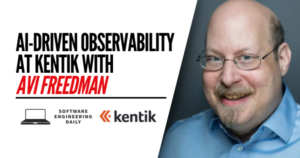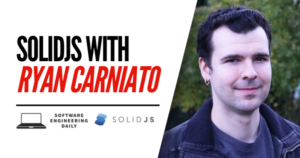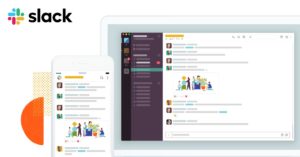Netlify with Mathias Biilmann Christensen
Podcast: Play in new window | Download
Subscribe: RSS


Cloud computing started to become popular in 2006 with the release of Amazon EC2, a system for deploying applications to virtual machines sitting on remote data center infrastructure . With cloud computing, application developers no longer needed to purchase expensive server hardware. Creating an application for the Internet became easier, cheaper, and simpler.
As the cloud has become popular, new ways of deploying applications have emerged. A developer with a web app has so many different options.
You can host your app on an Amazon EC2 server, which will require you to manage cloud infrastructure in case your server crashes. You can deploy your app to Heroku, which gives your cloud deployment better uptime guarantees for a higher price than Amazon EC2. Or you can use Linode, or Microsoft Azure, or Google Cloud.
There is such a large market for cloud computing that the world of cloud providers serves more niches every year. In past episodes we have explored a variety of different cloud providers, and the markets they target.
Pivotal Cloud Foundry is for managing complex distributed systems applications, typically with large teams. Firebase is a cloud provider that simplifies the developer experience for applications with small teams. Spotinst is a cloud provider that emphasizes low cost. Zeit is a cloud provider that is built to manage applications through serverless “functions-as-a-service” like AWS Lambda.
In today’s episode, Mathias Biilman Christensen, CEO of Netlify, joins the show. Netlify is a cloud provider that was built for modern web projects. Netlify represents the convergence of several trends in software development converging: static site deployment, serverless functions, a desire to have a “no-ops” deployment with minimal management, and the rise of newer tools like GraphQL and Gatsby.
Mathias explores these trends in detail, and explores the technical challenges of building Netlify. He was a great guest, capable of talking about difficult backend problems that require writing C++, as well as the frontend world of JavaScript frameworks.
One announcement before we begin: we are having a $5000 hackathon. The $5000 hackathon is for a new product we’ve been working on: FindCollabs. FindCollabs is a platform for finding collaborators and building projects. Whether you are an engineer, a musician, a designer, a videographer, or an artist, FindCollabs lets you find people and collaborate. To try out FindCollabs, just go to FindCollabs.com, you can make a project or you can join someone else’s project. And it’s very easy to make these projects–you don’t need to have anything built yet–you need to have a vision for what you want to build. And to find out about the hackathon, go to findcollabs.com/hackathon. We are giving away $5000 in cash to the coolest projects that get built before Sunday April 14th. So I recommend getting started early, finding some people to collaborate with, and building some cool stuff!
Transcript
Transcript provided by We Edit Podcasts. Software Engineering Daily listeners can go to weeditpodcasts.com/sed to get 20% off the first two months of audio editing and transcription services. Thanks to We Edit Podcasts for partnering with SE Daily. Please click here to view this show’s transcript.



















